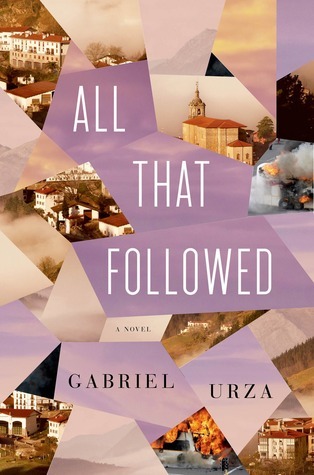What do you think?
Rate this book


272 pages, Hardcover
First published August 4, 2015
“He had been asking me for the Basque translations of peculiar words like these since the first day we met. He spoke Euskera well, but his vocabulary had holes in it, lacking, for example, a whole range of words that dealt with pain or toil, as if his family home where he had learned his Basque was free entirely of grief, or tenderness, or aching.”